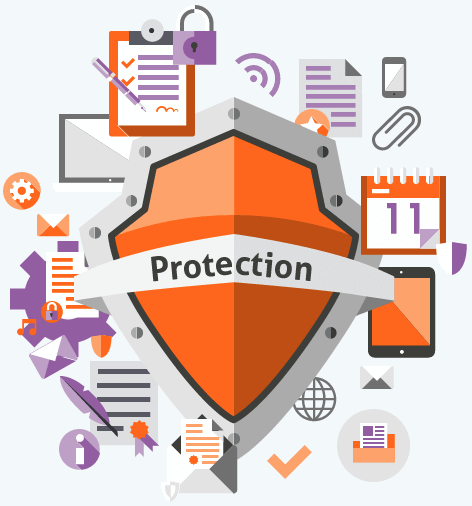Cash Practice® takes security very seriously. Here is a list of measures we take to ensure security:
- Our dedicated servers that host Cash Practice® are stored in a secure internet hosting facility with 24-hour onsite security and surveillance.
- We use a third-party vendor, Security Metrics, to scan our dedicated server for security vulnerabilities. If any are detected, immediate action is taken to remedy them.
- All connections made to the server are over an encrypted (https) SSL connection. This is the same technology used by banks.
- All sensitive data, such as merchant account numbers, credit & bank account numbers, passwords, and more are stored in the database in an encrypted format. Even if someone saw the database they can't read the data. Only the Cash Practice® member can view it when logged in.
- Each Cash Practice® member has their own encryption key, ensuring your data remains private.
- Once credit and bank account numbers are entered into the Auto-Debit System®, they are blinded by X's when accessed and viewed by users.
- When left inactive for a period of time, the website automatically logs the user out.
- Each time a Cash Practice® web page is loaded, it validates you are an authentic user.
- Cash Practice® members can create separate logins for staff with limited access to the website.
- When entering data into forms, all entries are validated & cleaned before processing and database storage.
Your part in protecting sensitive data:
In operational terms, make sure that you are playing your role to make sure your customers' payment card data is being kept safe throughout every transaction, and that they – and you – can have confidence that they're protected against the pain and cost of data breaches.
Take a hard look at your own business environment, and make certain your staff are operating in a secure manner. Simple steps like shredding all documents containing credit card numbers, installing virus protection and anti-phishing software on all computers, and implementing strong policies regarding passwords and user ids can go a long way toward protecting against a security breach.
In operational terms, make sure that you are playing your role to make sure your customers' payment card data is being kept safe throughout every transaction, and that they – and you – can have confidence that they're protected against the pain and cost of data breaches.
Take a hard look at your own business environment, and make certain your staff are operating in a secure manner. Simple steps like shredding all documents containing credit card numbers, installing virus protection and anti-phishing software on all computers, and implementing strong policies regarding passwords and user ids can go a long way toward protecting against a security breach.

